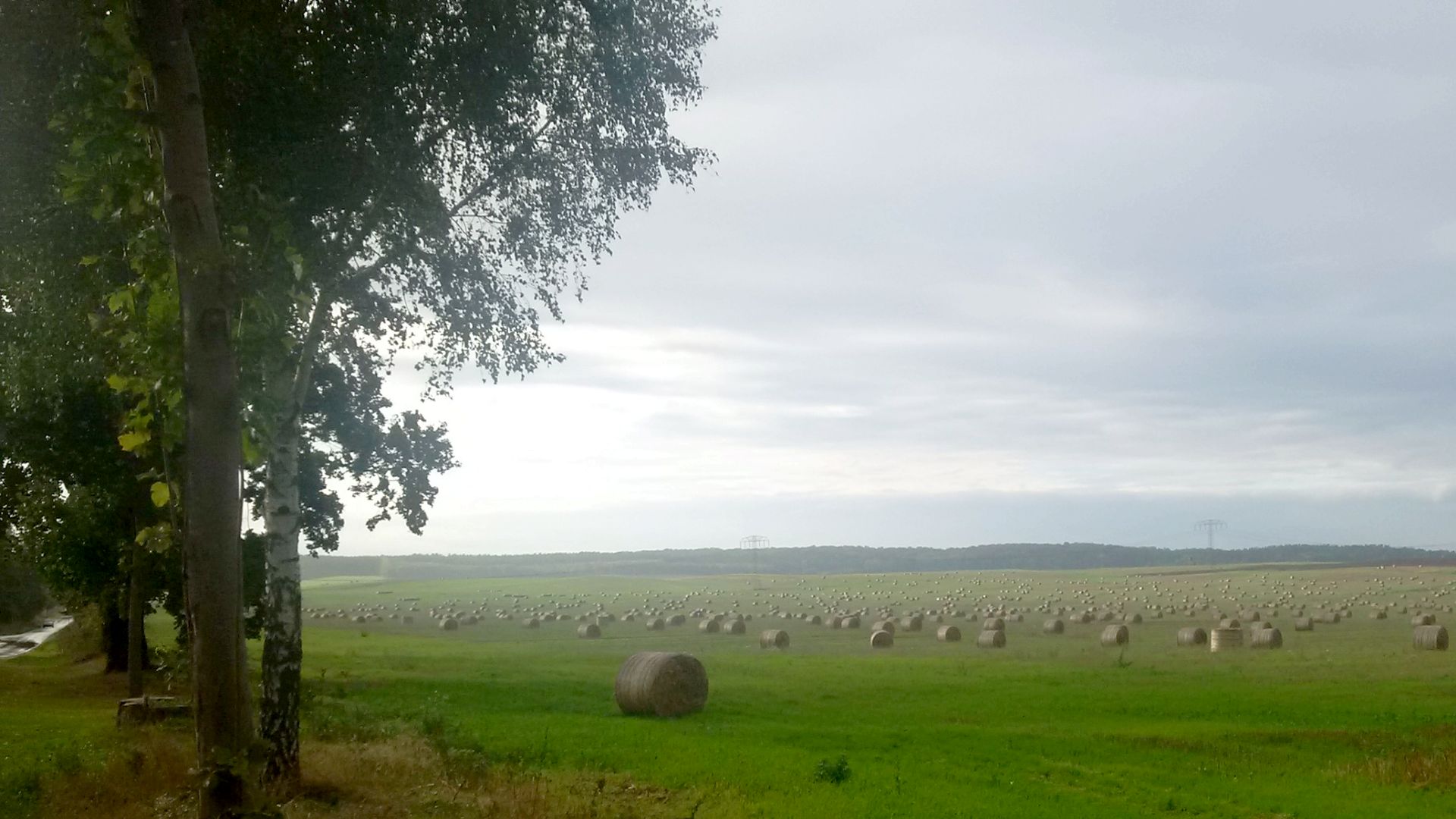Current consumption patterns in industrialized countries are seen as a significant driver of global sustainability problems. As SDG 12, sustainable consumption represents a specific development goal of the United Nations’ 2030 Agenda. The working group “Transformation Corridors for Sustainable Consumption” deals with development and design options for future consumption patterns against the background of the normative framework of international and national sustainability goals as well as different “corridor concepts” that attempt to define minimum standards as well as maximum tolerable effects and consequences of consumption practices. The focus is on resource-intensive consumption patterns of households in different phases of life (young adults, families, senior citizens).
The working group began its 18-month work in January 2018, with two working meetings and one roundtable funded by the DFG. ISInova member Melanie Jaeger-Erben is the spokesperson of the working group together with Daniel Fischer (Leuphana University). The members are:
Prof. Dr. Birgit Blättel-Mink, Goethe University Frankfurt a.M., Department 03 Social Sciences, Institute of Sociology; Prof. Dr. Daniel Fischer, Leuphana University Lüneburg, Institute for Environmental Communication (spokesperson); Prof. Doris Fuchs, PhD Westfälische Wilhelms University Münster, Center for Interdisciplinary Sustainability Research, Department of Education and Social Sciences; Dr. Konrad Gölz, ISOE – Institute for Social-Ecological Research; Dr. Melanie Jaeger-Erben, Institute for Social Innovation e.V. (spokesperson); Prof. Dr. Nina Langen, Technical University of Berlin, Institute for Vocational Education and Training; Dr. Sylvia Lorek. Sustainable Europe Research Institute Deutschland e.V.; Prof. Dr. Henrike Rau, Ludwig-Maximilians-University Munich, Institute of Geography; Prof. Dr. Dr. Martina Schäfer, Center for Technology and Society/ Technical University Berlin
*Future Earth is a 10-year research program that systematically brings together scientists from a wide range of disciplines and serves as a platform for global expertise and interdisciplinary collaboration for sustainable development. The working groups represent a core element of the organization of the German Committee for Sustainability (DKN) in Future Earth.


